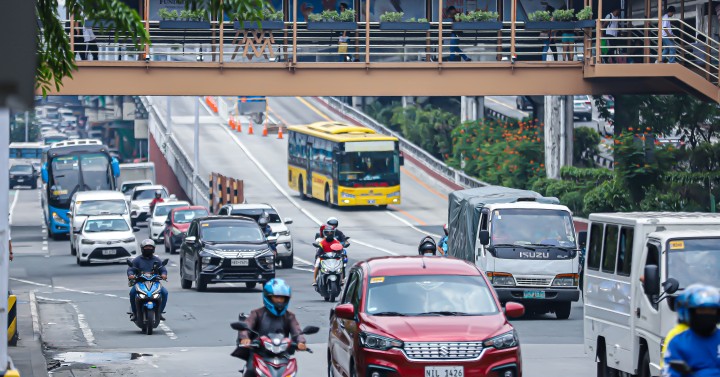President Marcos Jr. Pushes for Rapid School Building in Remote and Conflict-Hit Areas – Ensuring Education for All Filipino Children

Marcos Jr. Prioritizes Education in Remote and Conflict-Affected Communities
President Ferdinand R. Marcos Jr. has issued a directive emphasizing the urgent construction of classrooms in remote and conflict-affected areas across the Philippines, reinforcing his commitment to providing quality education to every Filipino child, regardless of location. This initiative, particularly focused on what are known as “Last Mile Schools,” aims to bridge the educational gap and ensure that children in even the most challenging environments have access to learning opportunities.
The President's order stems from a deep understanding of the importance of education in fostering national development and empowering future generations. Recognizing that urban areas often enjoy greater access to educational resources, Marcos Jr. has made it a priority to extend these benefits to underserved communities where schools are scarce and often dilapidated.
Addressing the Challenges of “Last Mile Schools”
“Last Mile Schools” are characterized by their remote locations, limited infrastructure, and often, ongoing security concerns due to conflict. These schools face numerous challenges, including a shortage of classrooms, inadequate learning materials, and difficulties in attracting and retaining qualified teachers. The President's directive aims to directly address these issues through accelerated construction projects and improved support systems.
The initiative involves a multi-faceted approach, encompassing not just the physical construction of classrooms but also the provision of essential resources such as textbooks, computers, and internet access. Furthermore, efforts will be made to improve teacher training and provide incentives to attract educators to these challenging assignments. The Department of Education (DepEd) is expected to play a crucial role in the implementation of this program, working closely with local government units and other stakeholders.
Boosting Education in Conflict Zones
The focus on conflict-affected areas is particularly significant. Education is recognized as a vital tool for peacebuilding and reconciliation. By providing children in these areas with access to quality education, the government hopes to offer them a pathway to a brighter future and contribute to the long-term stability of the region. The construction of schools also sends a powerful message of hope and resilience to communities affected by conflict, demonstrating the government’s unwavering commitment to their well-being.
A National Commitment to Education
President Marcos Jr.'s directive underscores the government’s broader commitment to ensuring that every Filipino child receives a quality education. It aligns with the administration’s goals of improving educational outcomes, reducing poverty, and promoting inclusive growth. This initiative is not just about building classrooms; it's about building a better future for the Philippines, one child at a time.
The swift implementation of this program is expected to have a significant impact on the lives of countless Filipino children, providing them with the opportunity to reach their full potential and contribute to the nation’s progress. The government's dedication to reaching the




